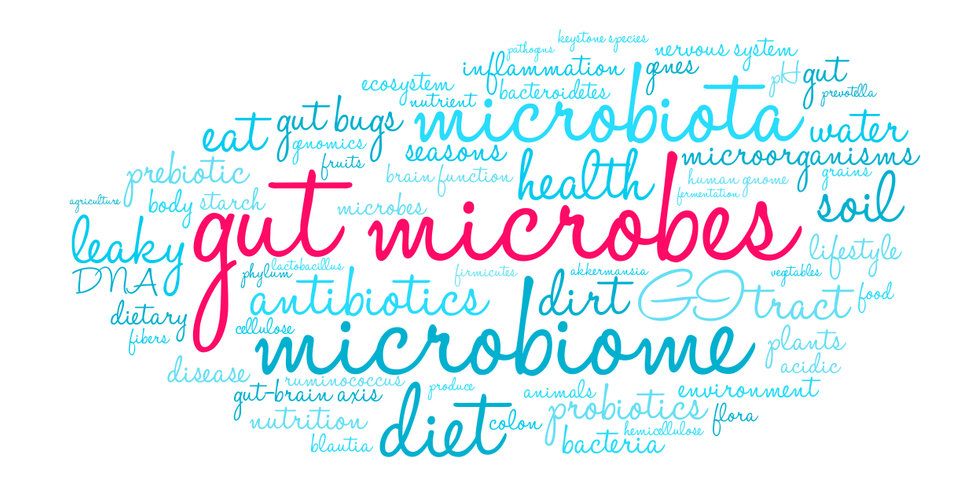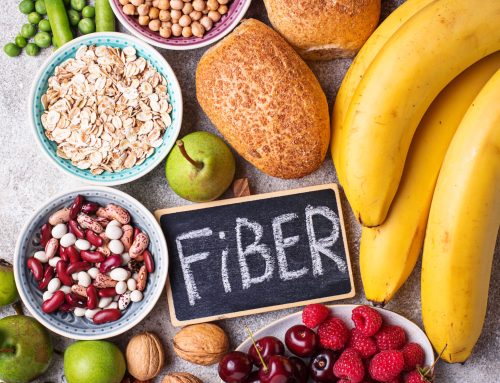What have we learned about healthy eating plans? As the year came to a close, the New York Times looked back on our reporting on diet and nutrition to glean tips we could bring into a new year. Here are 10 findings to remember next time you head to the supermarket or to the kitchen.
What are Healthy Eating Plans?
1. Look at patterns in your diet, rather than focusing on “good” or “bad” foods.
In October, the American Heart Association released new dietary guidelines to improve the hearts and health of Americans of all ages and life circumstances. Instead of issuing a laundry list of “thou shalt not eats,” the committee focused on how people could make lifelong changes, taking into account each individual’s likes and dislikes as well as ethnic and cultural practices and life circumstances.
“For example, rather than urging people to skip pasta because it’s a refined carbohydrate, a more effective message might be to tell people to eat it the traditional Italian way, as a small first-course portion,” Jane Brody explained.
2. What you eat can affect your mental health.
Can a healthy eating plan help your mental health? As people grappled with higher levels of stress, depression and anxiety during the pandemic, many turned to their favorite comfort foods: ice cream, pastries, pizza, hamburgers.
But studies in an emerging field of research known as nutritional psychiatry, which looks at the relationship between diet and mental wellness, suggest that the sugar-laden and high-fat foods we often crave when we are stressed or depressed, as comforting as they may seem, are the least likely to benefit our mental health. Whole foods such as vegetables, fruit, fish, eggs, nuts and seeds, beans and legumes and fermented foods like yogurt may be a better bet.
“The idea that eating certain foods could promote brain health, much the way it can promote heart health, might seem like common sense,” Anahad O’Connor wrote in his story on the research. “But historically, nutrition research has focused largely on how the foods we eat affect our physical health, rather than our mental health.”
3. Coffee has health benefits.
Coffee is beloved by many, but its health benefits have often been called into question. The latest assessments this year of the health effects of coffee and caffeine, however, were reassuring.
Their consumption has been linked to a reduced risk of all kinds of ailments, including Parkinson’s disease, heart disease, Type 2 diabetes, gallstones, depression, suicide, cirrhosis, liver cancer, melanoma and prostate cancer.
4. Our microbiome is largely shaped by what we eat.
Scientists know that the trillions of bacteria and other microbes that live in our guts play an important role in health, influencing our risk of developing obesity, heart disease, Type 2 diabetes and a wide range of other conditions. In 2021, a large international study found that the composition of these microorganisms, collectively known as our microbiomes, is largely shaped by what we eat.
Researchers learned that a diet rich in nutrient-dense, whole foods supported the growth of beneficial microbes that promoted good health. Eating a diet full of highly processed foods with added sugars, salt and other additives had the opposite effect, promoting gut microbes that were linked to worse cardiovascular and metabolic health.
5. Highly processed foods may actually be addictive.
Potato chips, ice cream, pizza and more unhealthy foods continue to dominate the American diet, despite being linked to obesity, heart disease, Type 2 diabetes and other health problems. “They are cheap and convenient, and engineered to taste good. They are aggressively marketed by the food industry,” Mr. O’Connor reported in a story about new research on whether these foods are not just tempting, but addictive.
The notion has sparked controversy among researchers, he said. One study found that certain foods were especially likely to elicit “addictive-like” eating behaviors, such as intense cravings, a loss of control, and an inability to cut back despite experiencing harmful consequences and a strong desire to stop eating them.
But other experts pointed out that these foods do not cause an altered state of mind, a hallmark of addictive substances.
Click here to learn more about a healthy eating plan.







